Can insomnia cause depression? We ask a clinical psychologist
For World Mental Health Day, an expert explains the link between insomnia and depression, and how to sleep better with both
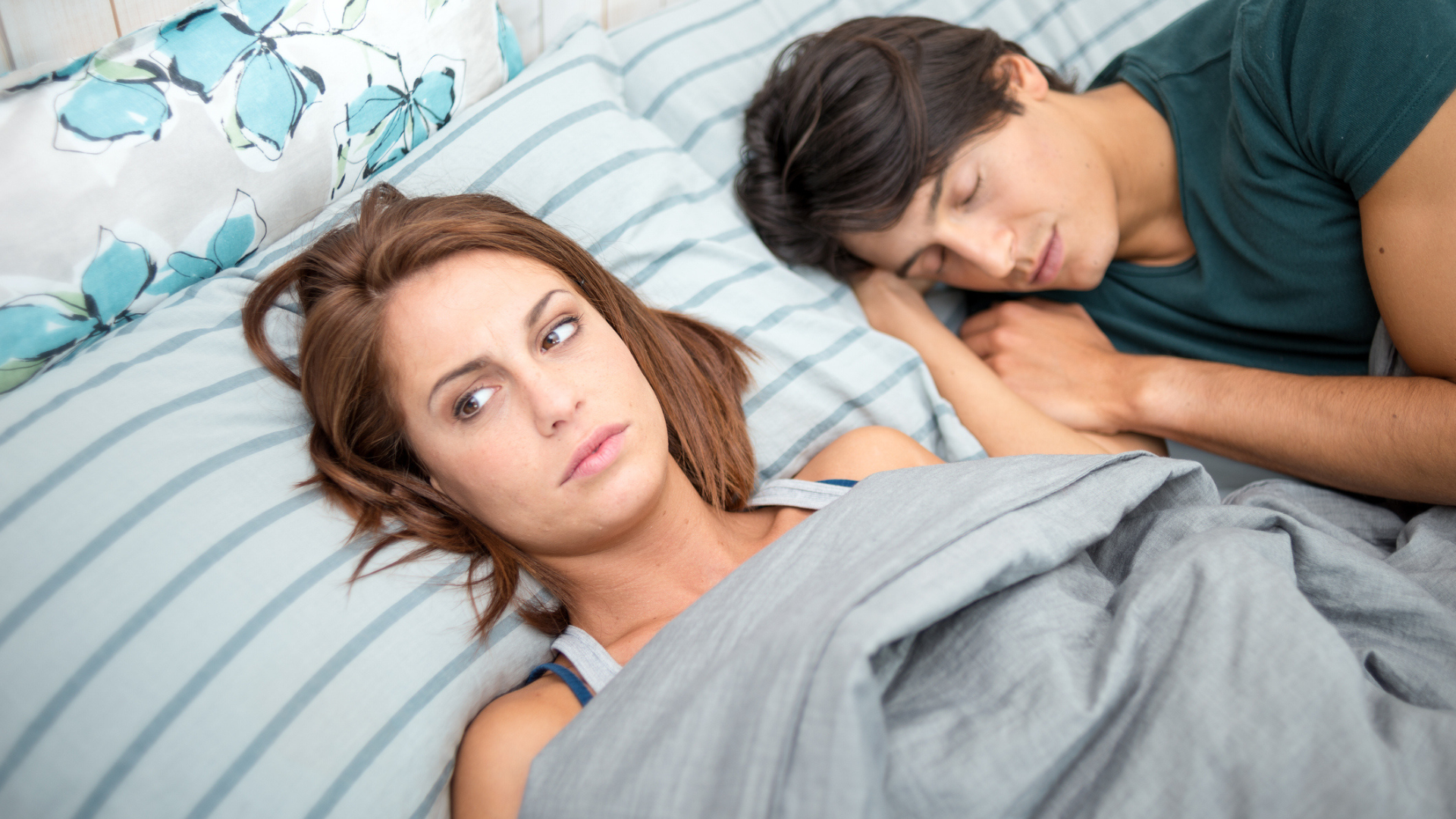
Anyone who has experienced insomnia will know how utterly overwhelming it can feel, as though your body has forgotten how to sleep. And when morning comes, you just feel utterly drained and depressed. So what is the link between insomnia and depression? Can depression actually cause insomnia, or is it the other way around?
To mark World Mental Health Day today, we spoke to clinical psychologist Dr. Brianna Gaynor to explore the relationship between insomnia and depression, how to manage it, and what steps you can take toward better sleep tonight.
This includes having good sleep hygiene, keeping a consistent bedtime and wake-up time (this is a powerful tool for falling asleep faster at night), and getting exposure to natural daylight as early as possible in the morning.
Here's what Dr Gaynor told us about the relationship between insomnia and depression and how to sleep better if you're dealing with both...
Meet the expert

Dr Brianna Gaynor is a clinical psychologist and the Director of Peace of Mind Psychological Services. Dr Gaynor specializes in treating children, adolescents and families, creating a safe space for them to open up about their mental health and how to improve it.
Can insomnia cause depression?
While insomnia is a common symptom of clinical depression, it's rarely the sole cause. Consistent lack of sleep can trigger or cause individuals to develop depression, although it's likely multiple factors will contribute to poor mental health. This is because sleep deprivation can hike up cortisol (the stress hormone), leading to mood disorders.
“Nailing the causes of depression are often tricky as with any diagnosis, it can be both biological and/or environmental. Depression can be related to a hormonal imbalance, or in other cases, it can occur as a result of a trauma or loss of a significant stressor—other times, as in cases with hormonal imbalances, it can tend to occur with no foreseeable trigger,” says Dr. Gaynor.
Is insomnia a symptom of depression?
“Insomnia can be a symptom of depression or vice-versa,” says the doctor. In fact, medical experts hesitate to diagnose a case of depression if there are no implications for sleep. There are also many different causes of insomnia.
Major Depressive Disorder (MDD) is commonly affected by disruptive sleep patterns which could either be insomnia or hypersomnia (increased fatigue despite sleeping for an adequate amount of hours).
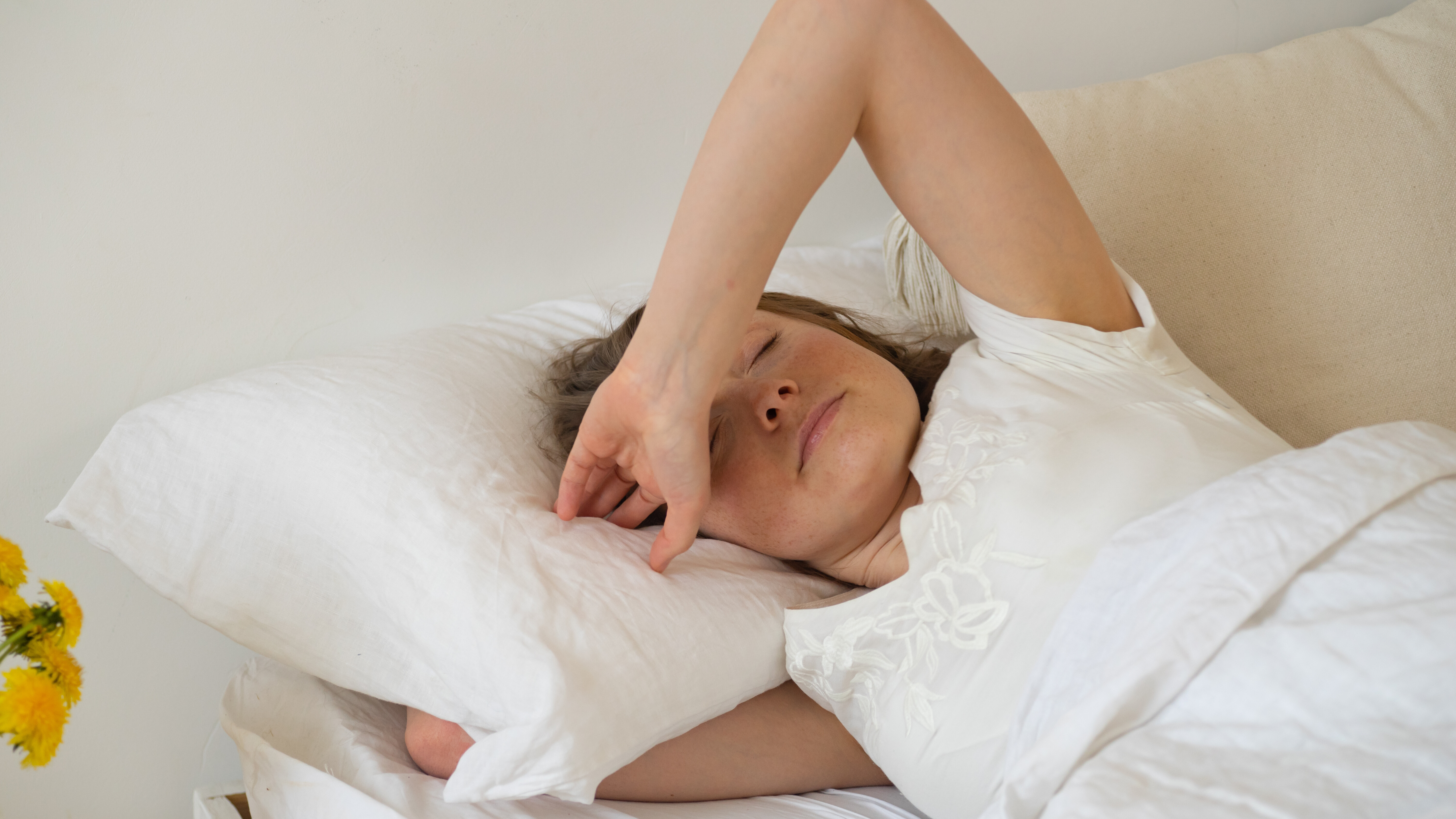
Studies show that this may be because of a state of 'awakeness' due to generalized anxiety present in about 80% of depressed patients. Poor sleep can be associated with emotional or physical trauma, feelings of hopelessness, sadness or guilt. This can lead to increased tension and vigilance, stopping you from getting the rest you need.
Depression can have both physical and psychological symptoms like constant irritability, low self-esteem, inability to make concrete decisions, sudden changes in weight or appetite and an overall lack of energy.
How to sleep better when you have insomnia and depression
1. Practice good sleep hygiene
“Mindfulness before sleep is helpful for calming your brain down. A bedtime routine that elicits peace and relaxation, such as shower, bath, aromatherapy, or audiobook, is a useful tool for developing a sense of relaxation,” says Dr Gaynor.
Developing a nighttime routine to unwind can positively affect the quality of sleep you get. Starting with a shower and then taking up a relaxing task like reading, journaling or listening to gentle music can be an excellent way to unwind.
Following a strict no screentime before bed rule, dimming your bedroom lights, and using blackout curtains to block light are other ways to help the process your body know that it's time for bed.
2. Keep a consistent schedule
This can help regulate your body’s internal clock. Studies have shown that individuals with a more structured sleep schedule experienced good quality sleep and felt well rested in the mornings. Whereas it's been found that irregular sleep can cause depression and mood disorders.
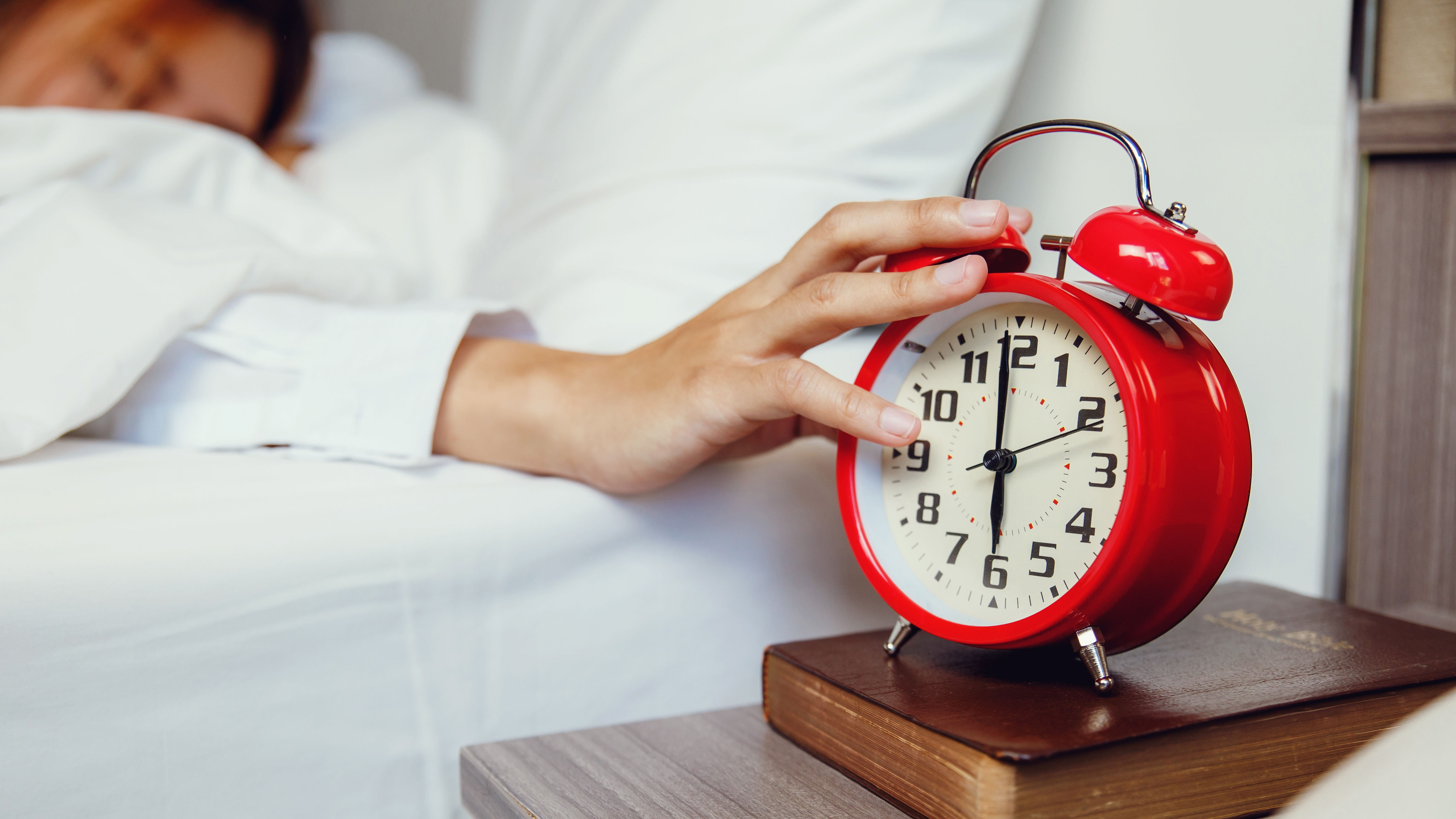
Start with picking a particular time to go to bed and wake up in line with your usual routines. If your sleep timings are temporarily off due to an event, you can quickly fix your sleep schedule by skipping tempting naps, adjusting back to your schedule slowly, and exercising during the day to ensure you feel tired in the evenings.
3. Avoid sugar and alcohol
Late-night cravings for a slice of chocolate cake is quite natural but one you have to fight against all odds. Regular and high intake of sugar and alcohol is associated with poor sleep quality.
Food items with a high glycemic index like sweets and refined carbs have been identified as risk factors for insomnia in recent studies. This 2018 research showed that increased intake of soda, confectionery and sweet beverages significantly impacted sleep duration and quality.
Similarly, after the initial drowsiness alcohol reportedly causes sleep disruptions throughout the night as blood alcohol levels decline.
4. Have a comfy sleep space
Styling your bedroom to be the cozy haven of your dreams can bring in a positive change to your sleep routine. Regularly washing your bedding and keeping the space clean and clutter-free will reduce distractions and promote a sense of calm. Calming sounds, white noise machines and gentle music can help drown out external disturbances.
Ideally, you won't use your bedroom for work, as this can deteriorate your mental association with sleep and the space. Investing in the best mattress for your sleep needs and the best pillow for your sleeping position is crucial for comfort, preventing you from tossing and turning all night.
What are the different types of insomnia?
Insomnia is often used to describe many types of sleep disturbances. However, a more definition of insomnia is difficulty in falling asleep or staying asleep, followed by extreme tiredness during the day.
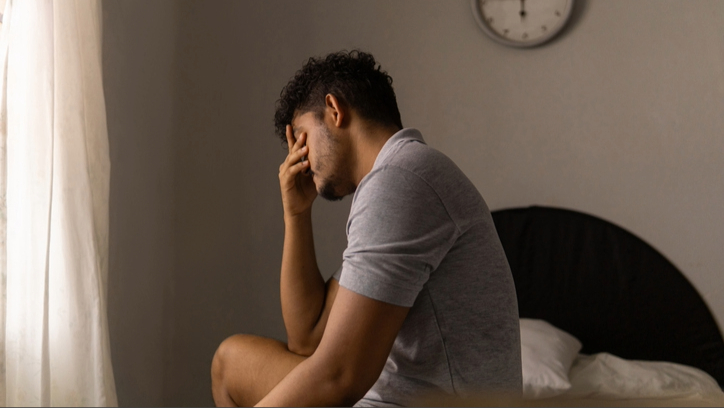
According to clinical psychologist Dr Gaynor, there are typically three types of insomnia based on how long the condition lasts: “Transient insomnia, where the condition corrects itself or responds to treatment, with symptoms lasting less than one month.
"Then there's short-term insomnia, where symptoms last at least one month but no more than six months. Chronic insomnia, where symptoms are ongoing and last more than six months."
While the causes of insomnia are varied, some people are more at risk of developing it than others. This includes night owls who tend to sleep later and often miss out on the recommended seven or more hours of sleep, as well as people with existing medical or mental health conditions.
And finally, people diagnosed with other sleep disorders like restless leg syndrome or sleep apnea are at a higher risk of insomnia. Recent studies also show that genetics play a crucial role in developing insomnia.
Treatments for insomnia: Expert advice
Insomnia can be debilitating, and it’s important you get the help you need. Make sure you talk with your doctor or health professional about possible treatment. Here are some common insomnia treatments:
1. CBT Therapy
Cognitive Behavioural Therapy (CBT) in simple terms is a type of talking-therapy where you try to make sense of your issue focusing on five main areas: your thoughts, situations, emotions, physical feelings and actions.
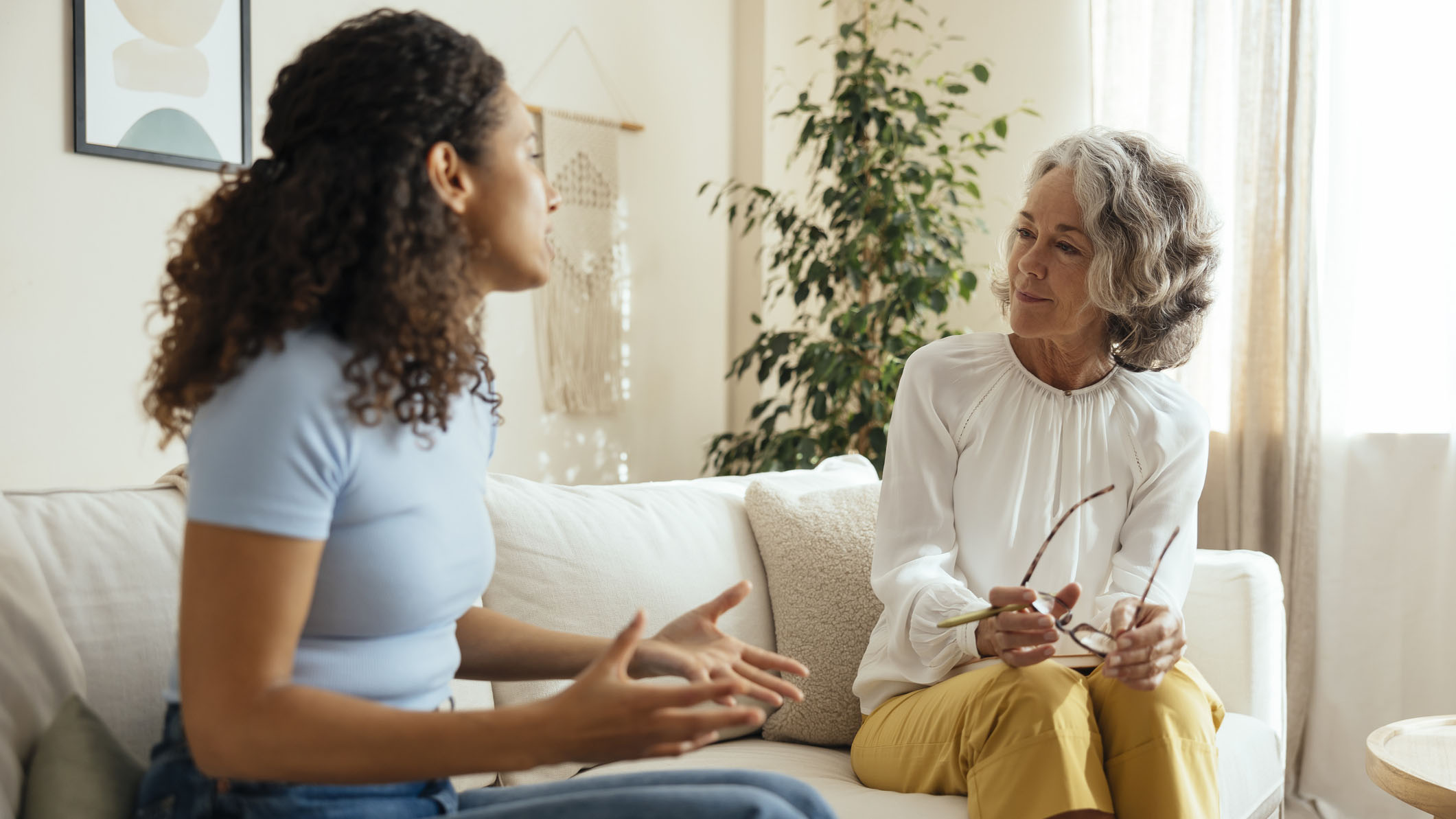
It mainly focuses on making the patient gain a better understanding of their problem through a structured and pragmatic approach. CBT could be divided into two parts: cognitive therapy for what you think and behavioral therapy for what you do about the thoughts.
This kind of therapy have been proven to be very effective in treating insomnia. This is usually a short-term treatment with a set number of sessions with the therapist, where you work together to identify the reasons behind your insomnia and work through them.
2. Sleep medication
Sleep medication can be prescribed to help insomnia, although only strictly under the advisement of your doctor, psychiatrist or an equally qualified medical professional. These are often sedative medicines, which slows down brain activity, making it easier to fall asleep.
This, however, is a short-term solution only. A mountain of research now stresses that insomnia drugs are not to be used for longer than three weeks at a time.
3. Melatonin and other natural sleep aids
There are many popular natural sleep aids including melatonin, valerian and kava which, according to Dr Gaynor, are also only short-term solutions. Melatonin is a hormone the brain produces in response to darkness and is responsible for regulating the circadian rhythm.
Supplementary melatonin is known to cut short the time to fall asleep (called sleep latency) and increase the duration. As with all dietary supplements, the dosage is to be decided by a medical expert.
Valerian and kava are both herbal extracts which induce sleep and improve sleep quality but there is no scientific evidence which suggests that these can cure insomnia.

Becky is a Sleep Staff Writer at Tom’s Guide covering all things sleep-related including product reviews, research studies, news and explainers. She works on specialist bedding content and is responsible for buyer’s guides like the best pillows for all sleepers and best mattress protectors focusing on popular brands such as Tempur-Pedic, Avocado, Coop Home Goods and more. Becky is a PPA accredited journalist who is keen to explore the intricacies of sleep, its effects on skincare, mental wellbeing and work performance. While not thinking of sleep, she can be seen reading in cosy bookshops or learning about global food culture.
